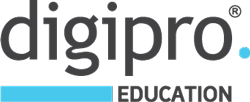Thriving in the Pandemic Economy: Develop a Disruptive Innovation Mindset into the “Soul” of the 21st Century Companies.
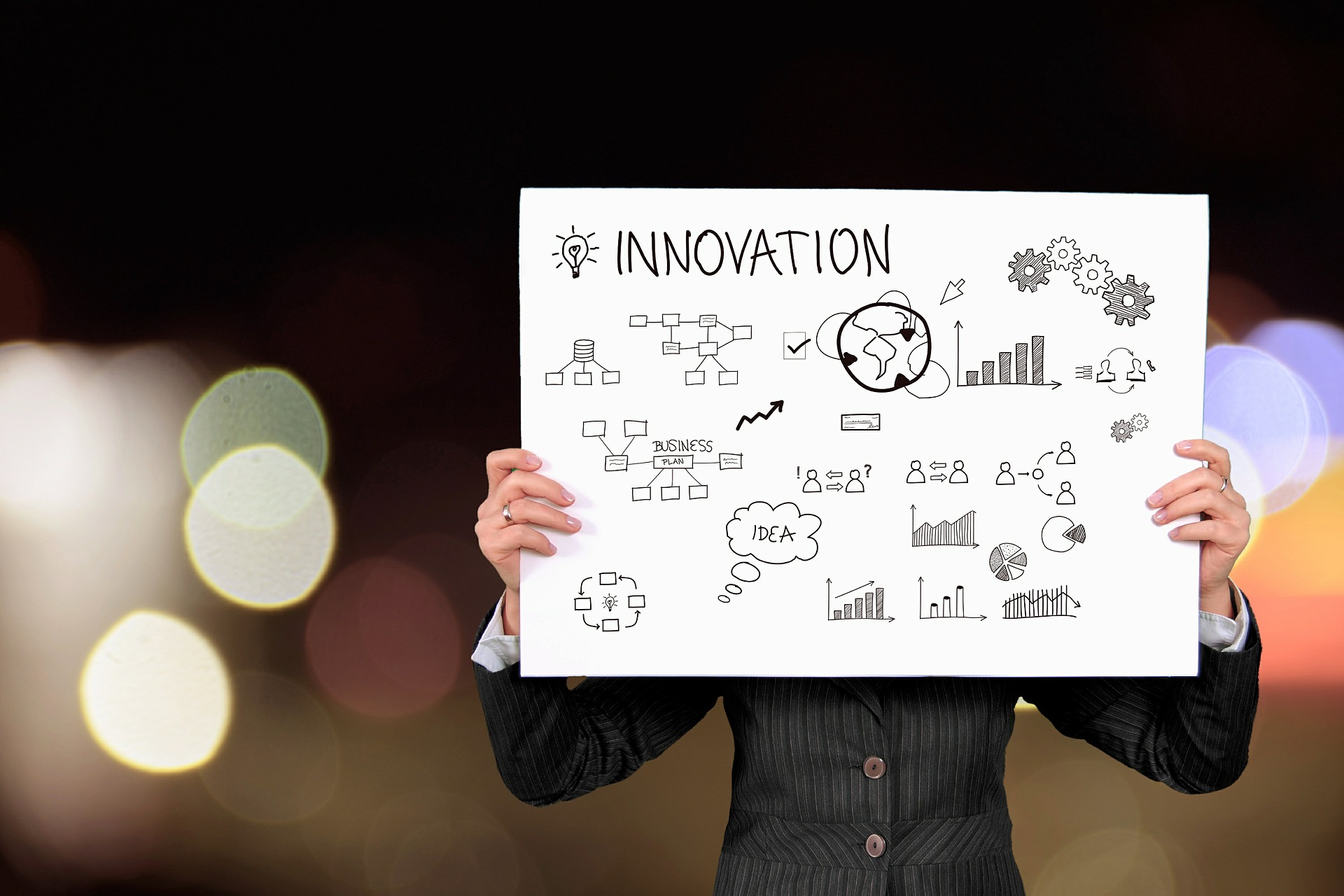
Instructor
-
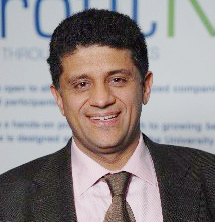 George TsekourasDr, DPhil, Director of CENTRIM
George TsekourasDr, DPhil, Director of CENTRIMGeorge is the Director of CENTRIM. He has led the research in the area of innovation and entrepreneurship in areas like peer-to-peer learning networks, innovation coaching, planning and implementing new product development strategies, fostering linkages with external research, open innovation for SMEs, public-private innovation partnerships and innovation in social enterprises.
He is the founder of a number of peer-to-peer learning networks in UK, Ireland, South Africa and Greece, which have supported more than 2,000 SMEs around the world. He was the coordinator of the RAPPORT consortium (www.rapport-project.eu), which looked at best practices to connect SMEs to the public or private research organisations. Currently, he works for a consortium that helps the European Commission to design the SME Instrument scheme, a new scheme to support innovation by European SMEs.
George has also worked in other innovation areas like innovation benchmarking, industry forecasting and business process re-engineering. He has a first degree in mechanical engineering and a DPhil in innovation management from SPRU at the University of Sussex. He is the author of a number of papers in academic journals, books and international conferences while he has designed and delivered many executives training and consultancy programmes on innovation-enabled entrepreneurship.
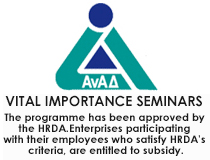
Date
Time
Cost
Location
An innovation mindset is a must for any organization to survive, and the demand for the necessary soft skills that support Innovation has strongly increased in the last few years. Despite the numerous seminars and workshops that companies might attend, most of the traditional in fact companies fail to develop an innovation mindset. One of the greatest challenges that executives face is promoting innovation and creativity within their companies. Most employees are struggling with their daily work “don’t have time” to take more creative or innovative approaches that add real value to their processes, products and services. Furthermore, even if employees have the necessary creativity, one cannot expect them to be innovators without any support. This valuable seminar, will offer participants concrete ways on how to nurture and sustain an innovation culture and mindset in the very soul of their business.
Managers in SMEs and/or large enterprises, who have some decision-making authority and the responsibility to adjust their departments or the organisation either as a result of the everchanging environment or as a result of the emergence of an unexpected crisis like an economic crisis, the emergence of a pandemic etc. These are managers who are in charge of the company or specific sections (or departments) within the company (e.g. operational processes).
The seminar also addresses the needs of managers in SMEs and/or large enterprises who are involved in the development or the implementation of new business initiatives like new lines of products or services, the expansion of the company in new markets etc. These include examples like IT companies, Educational service providers, Hospitality service providers, Chemical companies and Engineering companies developing radical innovations.
The objectives of the seminar are:
•Identify the company’s innovation needs, protect or adjust its current market position and reinforce its competitive advantage;
•Contrast a strategy to plan ahead and incorporate with this strategy ways to manage unexpected crisis (e.g. Covid-19; War in Ukraine);
•Develop a plan on how to enable the transition from the current position to the aspired future position in the market;
•Recognize the potential of innovation partnerships and their value for the company’s development;
•Identify new EU and national funding instruments and match them to the innovation activities of their company.
•Organise an innovation response to the emergence of an unforeseen crisis that has a significant impact on the business;
•Establish and master the innovation activities that would help the company address its strategic weaknesses, reinforce its competitive advantage and exploit on opportunities and strengths.
•Develop and measure Key Performance Indicators (KPIs) to assess ‘innovation’ activities.
•Assess the level of threat from unexpected strategic crisis (e.g. continues epidemiological threats Covid-19, Ukrainian war);
•Select innovation priorities according to the needs of your business;
•Value the potential help from new national or EU funding instruments;
•Specify the critical success factors for winning a bid in the new national and EU funding instruments.
Recent Program Participants











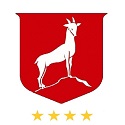

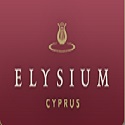



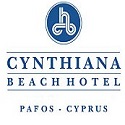
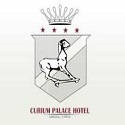
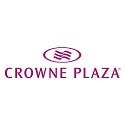










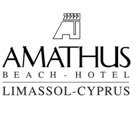







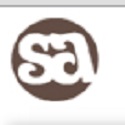
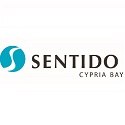
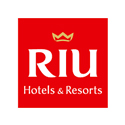

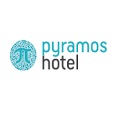

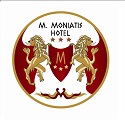




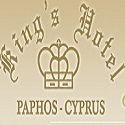
The event is finished.
Hourly Schedule
Day 1
- 07:45 - 08:45
- Introductions and Objectives of the seminar
- 08:45 - 09:45
- What do we really mean when we talk about "innovation"?
- • Where does innovation come from?
• Can everybody be an innovator?
• Why is it not enough to have the most gifted creative employees?
• Case Study
- 09:45 - 10:00
- Coffee Break
- 10:00 - 11:00
- The art of Defining Proactive and Agile Strategy
- • Strategy planning skills versus dealing with the unexpected
• Prepare your company for the next stage of its lifetime
• Group Exercise
- 11:00 - 12:30
- Identifying your Pluses and Minuses
- • What your company’s armoury, opportunities and talents?
• What are your companies’ threads and weaknesses?
• Group Exercise
- 12:30 - 13:30
- Lunch Break
- 13:30 - 15:00
- What do you need to create an innovation mindset?
- • Trust your employees
• Given them time
• Give them physical (or digital) space
• Create teams
• Secure a dual operating system
• Support minimal valuable products
• Involve and co-create group exercise
- 15:00 - 15:15
- Coffee Break
- 15:15 - 16:15
- No big-bang innovation company program has ever worked!
- • Learning from international experience of successful businesses
• Contrast between short-term, medium-term and long-term strategies
• Group Exercises
Day 2
- 07:45 - 08:45
- Initiating the Innovation Process
- • Starting with the end at heart
• Identify real challenges
• Set out the innovation resources
• Group Exercise
- 08:45 - 09:45
- Sustaining the Building Process
- • The Upscaling stage
• The Expansion stage
• Group Exercise
- 09:45 - 10:00
- Coffee Break
- 10:00 - 11:00
- Define Business Challenges and Organise the appropriate Innovation Resources
- • The Renewal stage
• The Merge & Acquisition stage
• Group Exercise
- 11:00 - 12:30
- The New funding Instruments – Trends and enablers
- • The Global Innovation Fund
• The Centralised EU Fundings: Horizon Europe, EU Covid-19 funding
• The Decentralised EU Funding: Idek funding opportunities
• Case Studies: success stories, tips, strategies
- 12:30 - 13:30
- Lunch Break
- 13:30 - 15:00
- Practical session: Designing and deploying successful proposals.
- Practical Group Exercise: to help participants to understand the critical success factors for applying for support in the new National, EU and Global Funding instruments for Innovation.
- 15:00 - 15:15
- Coffee Break
- 15:15 - 16:15
- Develop and Present Action Plans Conclusions and Feedback
Terms and Conditions
The above seminar is fully subsidized by HRDA on the condition that the following criteria is stringently adhered to:
1. Cameras and microphones must be open for the duration of the seminar.
2. Participation for the whole seminar must exceed 75%.
3. 1 device per person must be used.
4. You must ensure you check in punctually at the beginning of the seminar and check out at the end of each day.
5. You are obligated to participate in the follow up onsite 4 Hour visit and you must ensure you check in and check out promptly.
In the event the criteria is not fulfilled satisfactorily and you are rejected by HRDA, please note that you as an individual or your company will be liable to pay the participation fee of €1800.
Finally, please see our cancellation policy:
– Cancellations can be accepted up to 5 working days prior to the seminar without penalties. For any cancellations received after the deadline (or no-shows), the individual or company will be invoiced the full amount per participant.
– Substitutions can be accepted up to 2 working days prior to the seminar without penalties.

